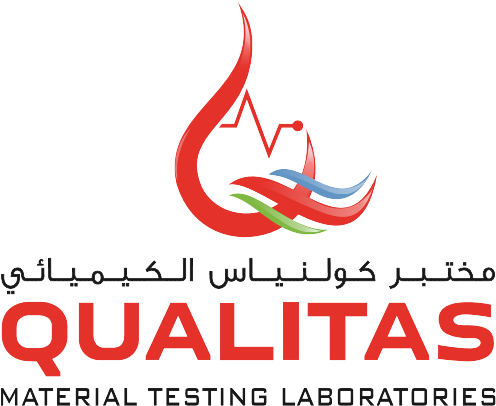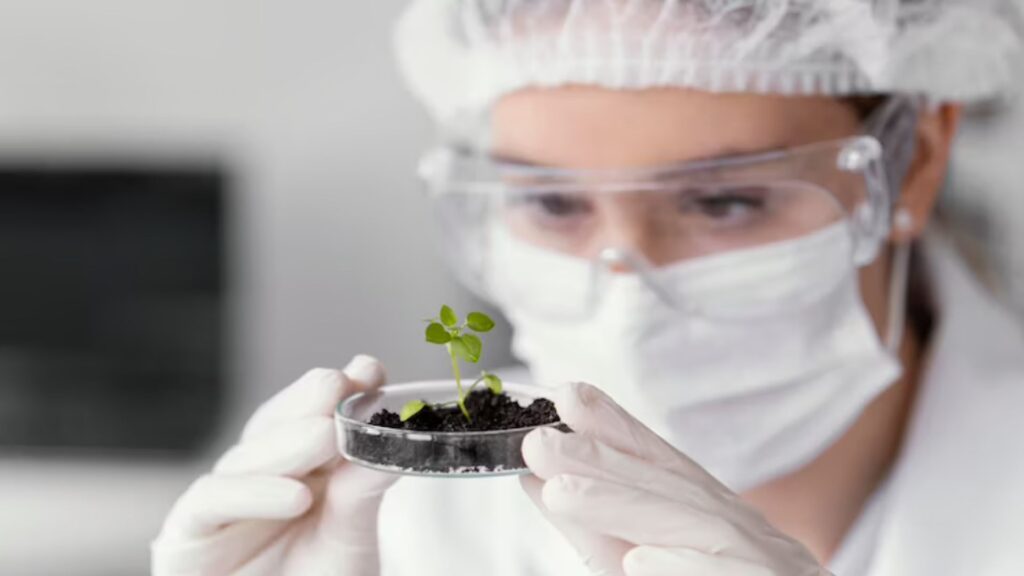Agricultural productivity is based on farmland quality, and a soil test may detect crop growth conditions problems in real-time. Field suitability study aids in the selection of appropriate crops or land usage. Regular soil testing, according to a government environmental consultancy, is ultimately crucial not only for producers but may give useful field insights to all agribusiness stakeholders. Agri-coops, crop insurers, banks, input providers, and commodities merchants are all included.
What Is Soil Testing?
It is an agricultural analysis that considers elements like chemical composition, toxin level, and level of pH, salinity, earth-dwelling organisms, and other factors. Additionally, these tests provide details on physical and chemical characteristics including contaminant chemicals, humic or organic matter, electrical conductivity, cation interaction capacity, and more.
Types of Soil Tests
The type of analysis is determined by the features or qualities of the field or ground that may have a favorable or negative influence on crop development. The following are the most prevalent forms of analysis and measurement:
- Mineral content.
- PH level:
- Soil moisture.
- Salinity,
- Pesticides and chemical contamination.
- Structure and texture, etc.
Soil Nutrient Testing
Nitrogen, phosphorus, potassium, calcium, sulfur, magnesium, iron, manganese, boron, molybdenum, and other nutrients are measured in soil testing. These tests give important information for precise fertilization and precision agriculture deployment.
Soil acidity test (pH)
Proper pH in the field, which can range from 0 to 14, is critical for plant productivity. Acidic and alkaline fields are managed differently, and lime can be used to increase pH. An accurate pH test can assist calculate how much solution is required.
Soil salinity test
Soil salinity testing may be done using evaporation, electric conductivity, and distilled water-earth dilution to determine agricultural land compatibility.
Electric conductivity soil testing is done in the field or the laboratory. In non-saline terrain, an EC soil test can also reveal the amount of crop-available nitrogen.
Testing soil for pesticides and contaminations
Pesticides kill non-beneficial organisms while also poisoning and polluting the environment. They seep into groundwater, where they linger for years, causing damage to humans and animals. It is necessary to test the soil for pesticides before sowing and plan subsequent crop treatment depending on previous crop activity and production.
Soil Moisture Testing
Water is required for plant growth and may be tested in the laboratory or using soil moisture sensors. By comparing a plant’s mass before and after evaporation, a soil moisture content test may assess if it has adequate water or whether it is dehydrated.
How To Take Soil Samples For Testing
Farmland analysis offers the information needed for proper field treatment, but accuracy is dependent on reliable sampling. Grids and zones are the foundations of fundamental soil sampling procedures.
Best soil testing lab in UAE
Qualitas is the premier soil testing laboratory in UAE, offering complete material testing services with an emphasis on Legionella risk assessment. Our skilled staff is committed to offering high-quality, dependable services utilizing cutting-edge technology and processes. We provide our consumers with personalized advice and support to help them make educated decisions. Contact us today to find out how we can assist you with your soil testing requirements.


